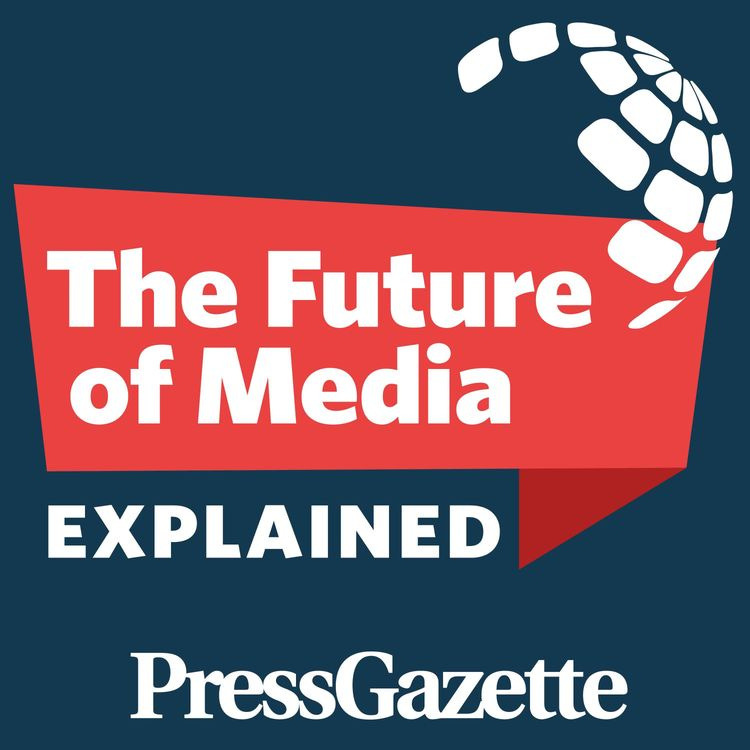Press Gazette back to office survey results: most favour hybrid model
We have details on how many days per week specific publishers require staff in the office plus views from everyone from chief executives to local reporters
Five years on from the outbreak of the pandemic many news publishers are keen to get employees back into the office.
But with flexible working now so embedded in people’s lives will they be able to get the toothpaste back into the tube?
Today we publish a major survey on working practices in the UK news industry which reveals the vast majority of staff at publishers work in a central office for no more than two or three days each week. This flexible approach appears to be by far the most popular strategy among staff of all levels, according to our survey.
It's not just about being around to take in parcels or collect children from school (although that is a huge factor). Survey respondents talk about the huge diversity and equality benefits of remote working. And many companies have saved money by maintaining smaller offices.
But on the other side of the debate remote working is no Shangri-La if you are sat on your bed working with a laptop in a shared flat. There are real concerns about what is lost in a working world devoid of real human contact.
And read more in-depth insights from our survey here, where everyone from CEOs at major national newsbrands to local newspaper reporters share their views on office versus remote working.
It is a hugely emotive issue.
My view is that from a staff retention, happiness and general productivity standpoint three days in the office and two days working remotely is a good balance (with one of those office days ideally spent out and about with clients or on stories).
Journalism in particular is a job which requires us to never really be off-duty and put in extra hours when the story requires it. So a degree of extra flexibility feels like an easy way for publishers to offset gripes over pay and benefits which are often far less inspiring than in other industries.
Fully remote working opens up businesses to an entire planet of talent, rather than limiting you to those who live within an hour’s travel of the office and are able to physically get there.
But that said, the equation may be different in companies which have a large throughput of young talent who need an office culture to set them on their way. And there is a certain magical energy that comes from being physically present in a busy city centre newsroom.
On Press Gazette
As some publishers seek full return to office, most staff favour hybrid working
A Press Gazette dinner held last month for about a dozen senior media executives heard that overall they would love to get their staff back in the office more often but accept the world has changed and it is not a fight worth having with staff who value more flexibility.
News media staff share views in the great work from home debate
A UK national newsbrand chief executive who works three days a week in the office said: “It’s a tough sell from management to convince people to come in even half the time.”
Also this week on Press Gazette
With launch of AI Mode Google threatens to bleed news media dry
‘Don’t worry about page views’: Newsquest Scotland tops 40,000 online subscriptions
‘AI time dividend’ fuels booming income from face-to-face events for Informa
Top 50 news websites in the US: Traffic falls in month following inauguration
Top 50 news websites in the world: The Hill and AP saw largest growth in February
Regional newspaper ABCs: No UK daily now has print circulation of 20,000 or more
Biggest local news sites: Surrey Live grows audience 300% in a year
Top 50 magazines in the US: The Atlantic is fastest growing title in second half of 2024
Latest podcast: How to lose £100m with GB News | Print decline in the USA | Green shoots at Reach
Press Gazette's editorial team share their insights into big stories from the world of news. GB News has lost nearly £100m but is growing its non-TV advertising revenue and heading in the right direction. Charlotte Tobitt talks about this and the implications of its big legal victory over Ofcom.
Bron Maher shares some highlights from Press Gazette analysis for US newspaper and magazine print circulation figures. There are only a handful of newspapers selling more than 100,000 print copies in the USA (but they can console themselves with the fact they have strong digital subscriber bases).
And Press Gazette editor-in-chief Dominic Ponsford looks at the latest financial results from Reach which reveal growing page views and profits amid a backdrop of overall decline at the UK's biggest commercial news publisher.





